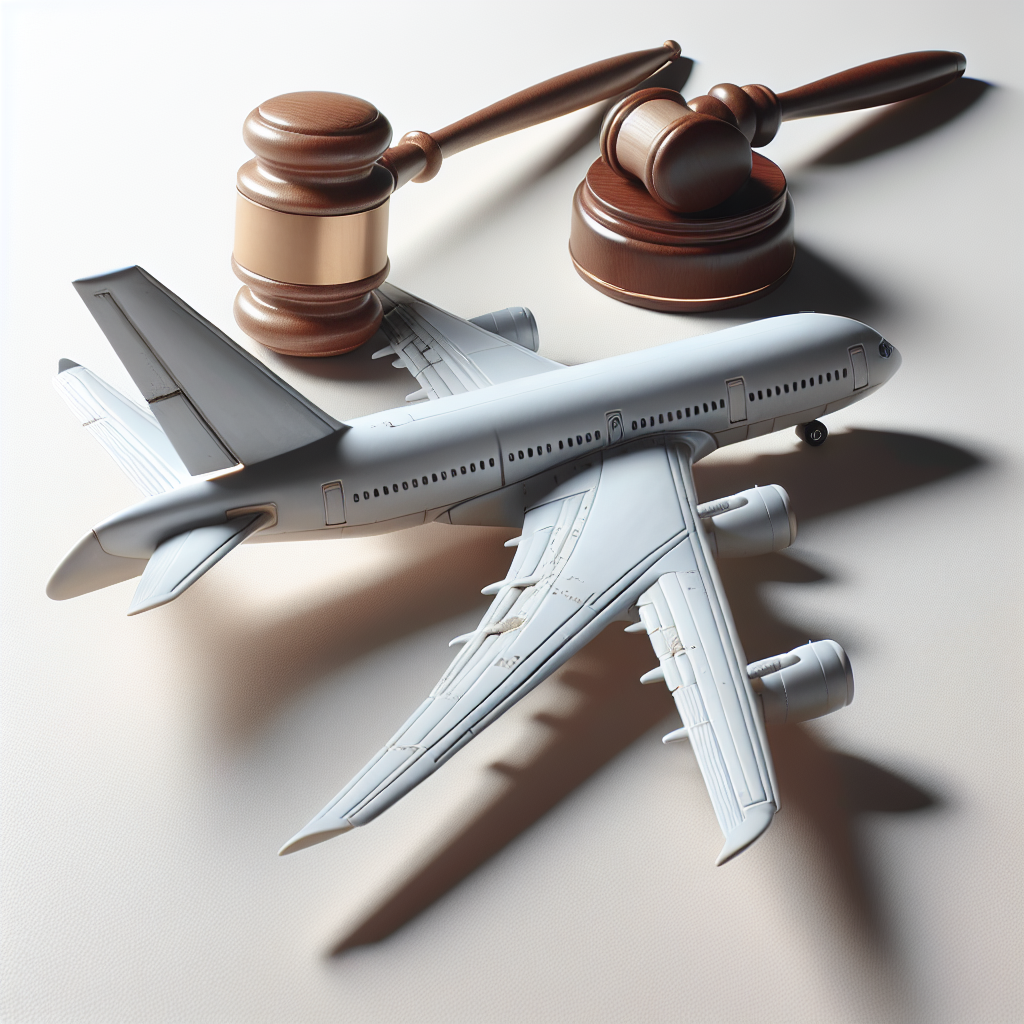Boeing will plead guilty to a criminal fraud charge related to two fatal crashes of 737 Max jetliners that killed 346 people, the Justice Department announced late Sunday. This development comes after the government concluded that Boeing breached an agreement that shielded the company from prosecution for more than three years.
Last week, federal prosecutors gave Boeing an ultimatum: either plead guilty and pay a fine as part of the sentence or face a trial on the felony charge of conspiracy to defraud the United States.
Prosecutors have accused the aerospace giant of misleading regulators who approved the aircraft and set pilot-training requirements.
The plea deal, which needs approval from a federal judge to take effect, includes an additional $243.6 million fine for Boeing, an amount equal to what the company paid in a 2021 settlement that the Justice Department claims Boeing violated. An independent monitor will be assigned to oversee Boeing’s safety and quality protocols for three years. Additionally, Boeing must invest at least $455 million in its compliance and safety programs.
The plea agreement addresses only Boeing’s actions before the crashes in Indonesia and Ethiopia, which killed everyone on board the two new Max jets. It does not, however, provide Boeing immunity for other incidents, including a panel blowing off a Max jetliner during an Alaska Airlines flight over Oregon in January.
The agreement does not pertain to any current or former Boeing officials, only the corporation. Boeing confirmed the deal with the Justice Department but declined further comment.
The Justice Department said it plans to submit the written plea agreement with a U.S. District Court in Texas by July 19. Lawyers representing some of the crash victims’ families have indicated they will ask the judge to reject the agreement.
“This deal fails to acknowledge that because of Boeing’s conspiracy, 346 people died. The consequences of Boeing’s crime are being concealed through crafty lawyering between Boeing and the DOJ,” said Paul Cassell, a lawyer for some of the families.
Federal prosecutors allege that Boeing misled regulators about a flight-control system implicated in the crashes, which occurred less than five months apart.
In the January 2021 settlement, the Justice Department stated it would not prosecute Boeing if the company adhered to certain conditions for three years. Last month, prosecutors alleged Boeing violated the terms of that agreement.
U.S. District Judge Reed O’Connor, who has overseen the case, has condemned Boeing’s “egregious criminal conduct.” O’Connor could accept or reject the plea deal, potentially leading to new negotiations.
The case stems from crashes in Indonesia and Ethiopia. In the first crash, Lion Air pilots were unaware of flight-control software that could push the plane’s nose down without input. Ethiopian Airlines pilots knew about the software but couldn’t control the plane when it activated based on faulty sensor information.
The 2021 charges alleged Boeing misled FAA regulators about the software and the training pilots would need to operate the aircraft safely. The Justice Department agreed not to prosecute Boeing at that time, provided the company paid a $2.5 billion settlement, including a $243.6 million fine, and adhered to anti-fraud laws for three years.
Boeing blamed two low-level employees for misleading regulators and aimed to move past the crashes. After grounding the Max jets for 20 months, regulators allowed a return to service following software modifications. Orders for the Max jets increased significantly from 2021 to 2023.
However, scrutiny intensified in January when a panel blew off a Max jet during an Alaska Airlines flight over Oregon. Although there were no serious injuries, the incident led to increased examination of Boeing by the Justice Department and the FAA.
A criminal conviction could potentially jeopardize Boeing’s status as a federal contractor. This plea deal does not resolve that issue, leaving it up to government agencies to determine whether to bar Boeing from contracts.
Boeing, which employs 170,000 people, works with dozens of airlines globally and generates 37% of its revenue from U.S. government contracts, primarily in defense.
Concerns about impacting a crucial defense contractor have emerged. Despite criticism, some, including Senator Richard Blumenthal, have acknowledged Boeing’s importance to jobs, local economies, public safety, and the military.
Crash victims’ families have been advocating for a trial to uncover what Boeing officials knew about deceiving the FAA, and they are pushing for the prosecution of top Boeing officials.
“Boeing paying fines hasn’t led to any change. When people start going to prison, that’s when real change will happen,” said Ike Riffel, whose sons died in the Ethiopian Airlines crash.
At a recent Senate hearing, Boeing CEO David Calhoun defended the company’s safety practices and apologized to the families of crash victims.
A Senate subcommittee released a 204-page report containing new allegations from a whistleblower concerned about defective parts in 737s, the latest in a series of safety complaints from current and former employees.
